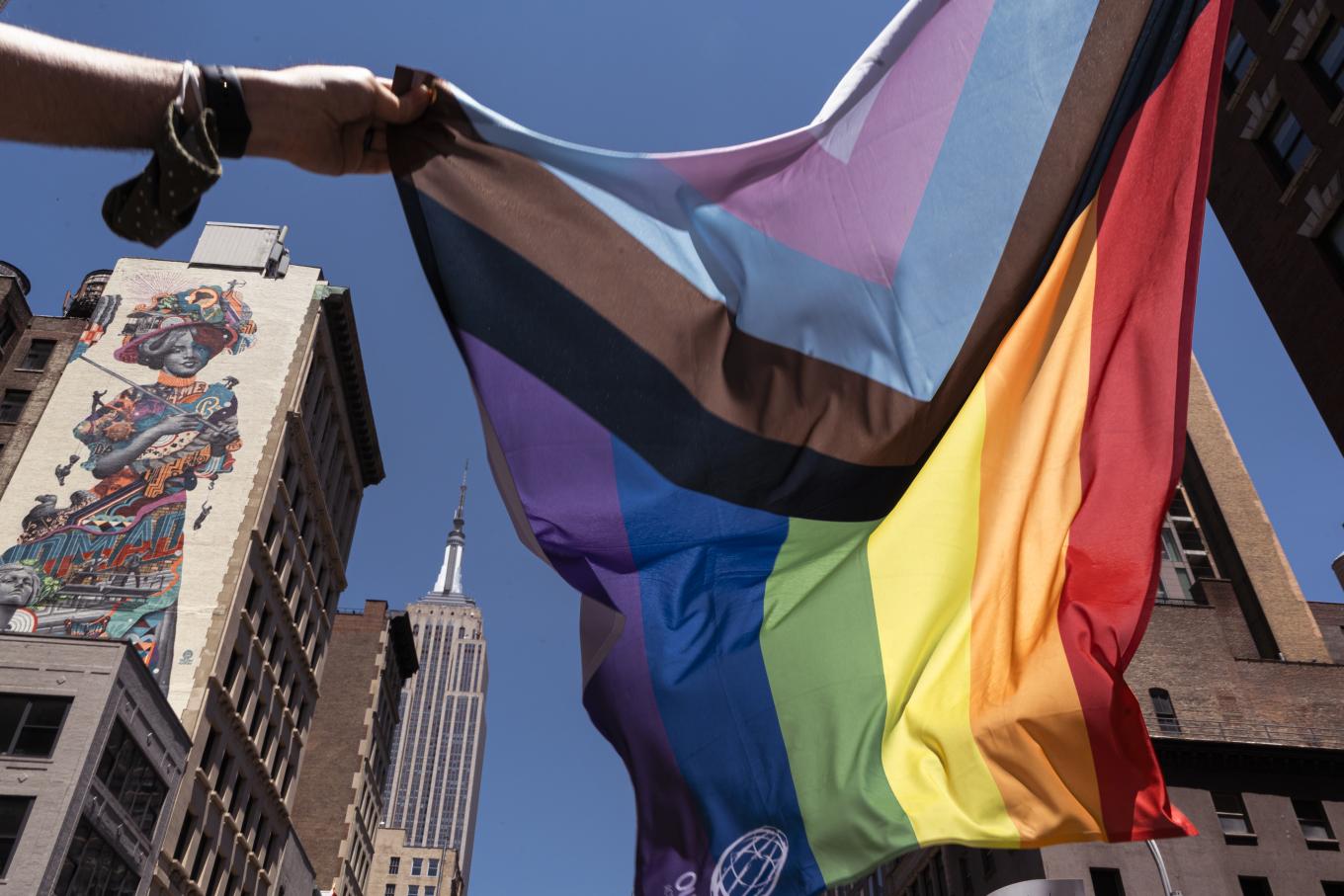
Country Overview
Netherlands
At a glance
View more for this country:
In the Netherlands, public opinion and laws about LGBTIQ people are progressive, but gaps remain. Same-sex couples can marry and adopt, and transgender people can change their legal gender markers based on self-determination. The Dutch government has offered compensation to individuals who underwent surgery or sterilization due to previous legal requirements for changing gender markers. Nonbinary people can choose to use the gender marker “X,” but only through a court procedure that takes three to nine months. In April 2024, the parliament blocked proposed legal amendments, which would have scrapped a requirement for an “expert statement” and allowed children under 16 to change their legal gender marker through application to the court.
Discrimination based on sexual orientation, gender identity, gender expression, and sex characteristics in employment, goods and services, and education is banned. However, non-consensual medical interventions on intersex children are not banned, and still occur.
Public opinion is highly supportive—in several surveys about social acceptance of same-sex marriage, the Netherlands ranks the highest in Europe. Additionally, the Netherlands was ranked second out of 175 countries for average social acceptance of LGBTI people between 2017 and 2020. However, data from the Dutch health service indicates a decline in LGBT+ acceptance among youth. A study published in 2024 shows that LGBTIQ people reported increasing levels of online hate speech. It also reveals that trans and nonbinary participants experienced lower self-esteem and higher dissatisfaction with various aspects of life, such as their financial, work, and living situation, than cisgender heterosexual persons. Another 2024 survey indicates that LGBTIQ people in the Netherlands feel that acceptance is deteriorating, marking a continued decline over several years in LGBTIQ people’s feeling of acceptance.
*Outright research indicates that the bodily autonomy of intersex people is not respected and protected in this country.
Global Impact
Sub-Saharan Africa
Outright supports LGBTIQ organizations in Sub-Saharan Africa and works with mainstream human rights organizations to respect human rights and influence positive changes in laws, policies, attitudes and beliefs that cause discrimination against LGBTIQ people.
United Nations
Our work at the United Nations centers around advocating for the advancement of the rights of LGBTIQ people.
View this regionAsia
Our work in Asia promotes acceptance of sexual and gender diversity at all levels of society.
View this regionSouthwest Asia and North Africa
In the Southwest Asia and North Africa, we partner with local groups in various countries as part of our international solidarity work. We also work with our local partners on different topics through capacity building, advocacy, research and holistic security.
Europe and Central Asia
Outright International partners with activists to fight for an end to human rights violations based on sexual orientation, gender identity and gender expression in Europe and Central Asia, where most of our work involves emergency responses to harassment, discrimination, violence, and most recently, Russia’s brutal and expanded invasion of Ukraine.
Americas
Our work in the Americas continues to build on the fundamental and positive transformation of human rights protections in recent years. We partner with groups in the Caribbean that focus on ending gender-based violence and eradicating discrimination against trans people.
Pacific
Our work in the Pacific aims to increase the visibility of activists, respond to human rights emergencies, and actively bridge local, regional, and international activism to achieve equality and justice.
Global
View this region
Human Rights Research
Since 1990, we have partnered with activists from all over the world to produce hundreds of groundbreaking reports.
Read Our Reports